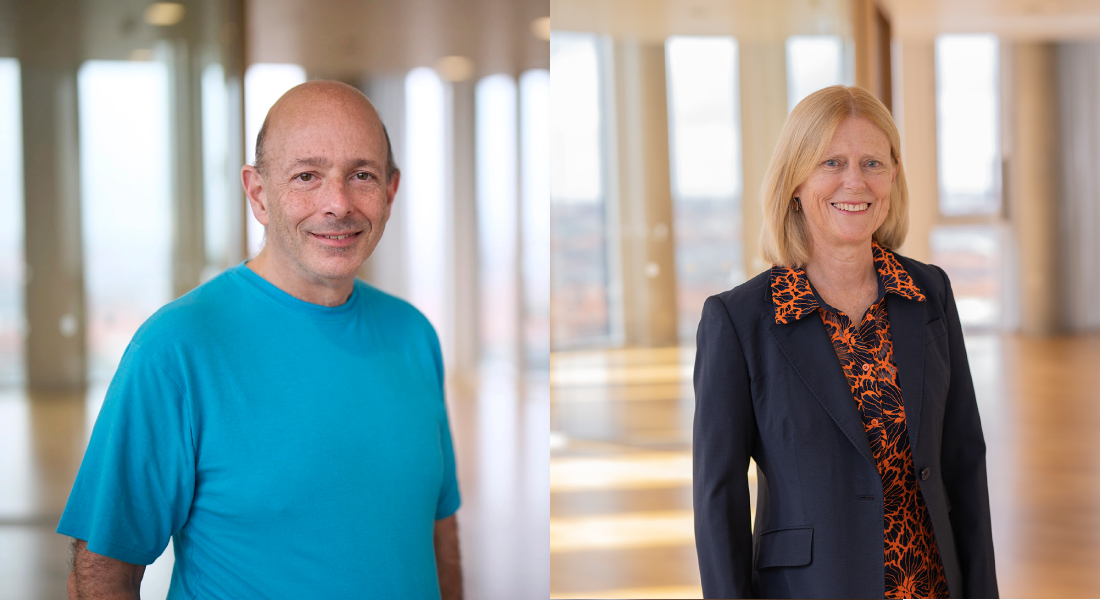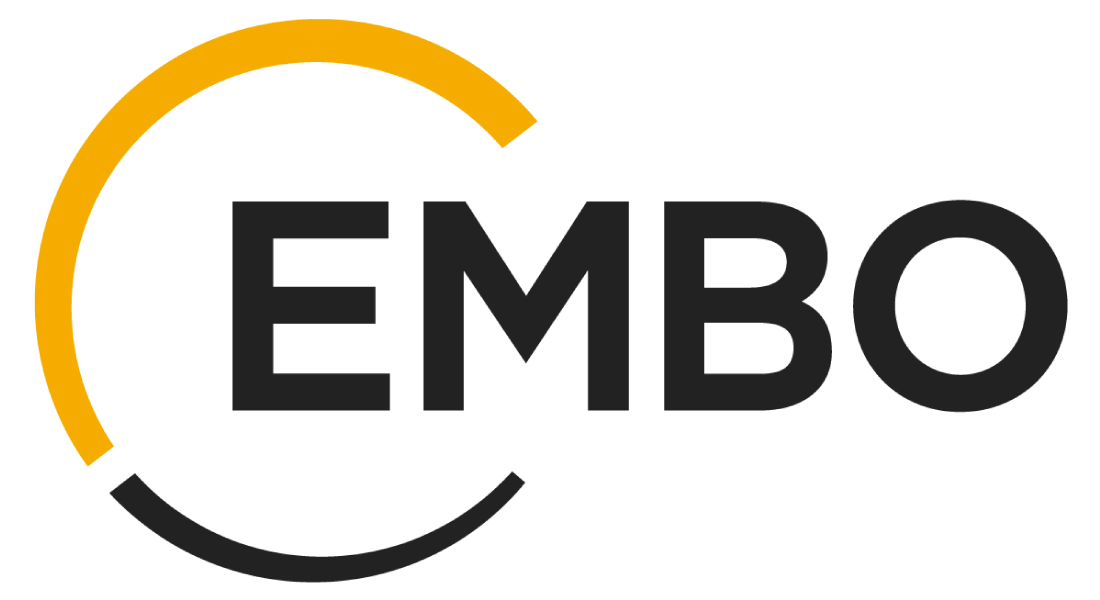Esteemed colleagues from reNEW elected members of EMBO
The Novo Nordisk Foundation Center for Stem Cell Medicine is proud to announce that CEO and Executive Director of reNEW, Professor Melissa H. Little and Principal Investigator at reNEW’s Copenhagen node, Professor Joshua Brickman, have this year been elected members of the prestigious European Molecular Biology Organization - EMBO.

This comes as the not-for-profit organisation celebrates its 60th year of working to promote research in the life sciences while supporting international idea exchange between some of the leading molecular scientists across the globe. EMBO, which now has over 2000 peer-elected members, has included 92 Nobel Laureates. Founded on 12 July 1964, after a group of leading European biologists, including Sir John Kendrew, gathered in Ravello, Italy, the organisation’s mission is to drive forward excellence in life sciences.
Professor Melissa H. Little is an internationally acclaimed stem cell research scientist, recognised in particular for her pioneering research in kidney regeneration. Having won multiple awards for her work including; Homer Smith Medal, Alfred Newton Richards Award, Julian Wells Medal, GlaxoSmithKline Research Excellence Award and Eureka Prize, Professor Little is known worldwide for being the first to grow a kidney in vitro.
As CEO at reNEW, Professor Little has a research laboratory in Melbourne, another in Copenhagen and reNEW has a further center in Leiden. Her role involves monitoring the activities of reNEW across all three sites, involving everything from reporting to the foundation around progress, having annual scientific meetings, presenting to scientific advisory committees, engaging with external partners while also working on her own research in kidney regeneration.
The field of translational research science comes with many challenges, including the necessity to continuously apply for and secure funding.
“Researchers often don't move towards translation because it's too risky that it will fail and they won't get their next grant, or it will take a lot of time. What we wanted to do with reNEW was create a more stable base for researchers to tackle hard questions and take the risk of pivoting their research to translation. We put a lot of effort into researcher exchange and collaborative research projects, and we're helping researchers to understand what pivoting to product development looks like whilst supporting their stable fundamental research,” said Professor Little.
Professor Brickman is known for his work on gene regulation; how genes are turned on and off, and in particular, for his ability to integrate fundamental molecular mechanism into genuine cell-based decisions in development and differentiation. He has recently revised our current thinking on transcription factors and what they do, focusing on their role in safeguarding cellular plasticity and future identities rather than the roles assigned to them in textbooks of directly regulating transcription; turning on and off genes. His group asks how signaling between cells turns genes on and off. Alongside his role at reNEW Copenhagen, he is a professor of stem cell and developmental biology at the University of Copenhagen. A leading scientist in the area of early embryonic stem cell lineage specification, Professor Brickman is currently looking at questions about how enhancers, cell identity controllers, process information received via cell signaling to direct present and future cell states.
“As scientists, picking a good question that can be answered by an experiment is not a trivial thing. The choice of these questions is rooted in curiosity, a central talent of being a scientist, and goes hand in hand with intuition. I believe that because of this intuition, the questions we are driven to ask are intrinsically interesting and philosophically profound. While this involves a level of subjectivity, the belief that one is exploring the secrets of the universe, fuels great science and one of my central roles as a teacher is to transmit this enthusiasm to my students and help them discover their own profound questions,” said Professor Brickman.
“You have to be able to look at everything creatively. We have a good sense of lateral vision and imagination. It's quite artistic being a scientist, we are asking biology, what's the answer? But sometimes it's about being creative enough to ask the right question,” added Professor Little.
People are elected as EMBO members as a result of outstanding contributions to science and reNEW colleagues Professor Little and Professor Brickman have both said they are honoured to have been elected.
“I'm most proud of being recognised as a champion for biomedical research across my career, whether that's for the sector as a whole, or for junior researchers or for women in science, I've had a lot of opportunities to capitalise on having a voice in the scientific community,” said Professor Little.
“Being a member of EMBO will present a fantastic opportunity to meet and collaborate with some of the most creative and dynamic molecular and developmental biologists in Europe,” said Professor Brickman.

